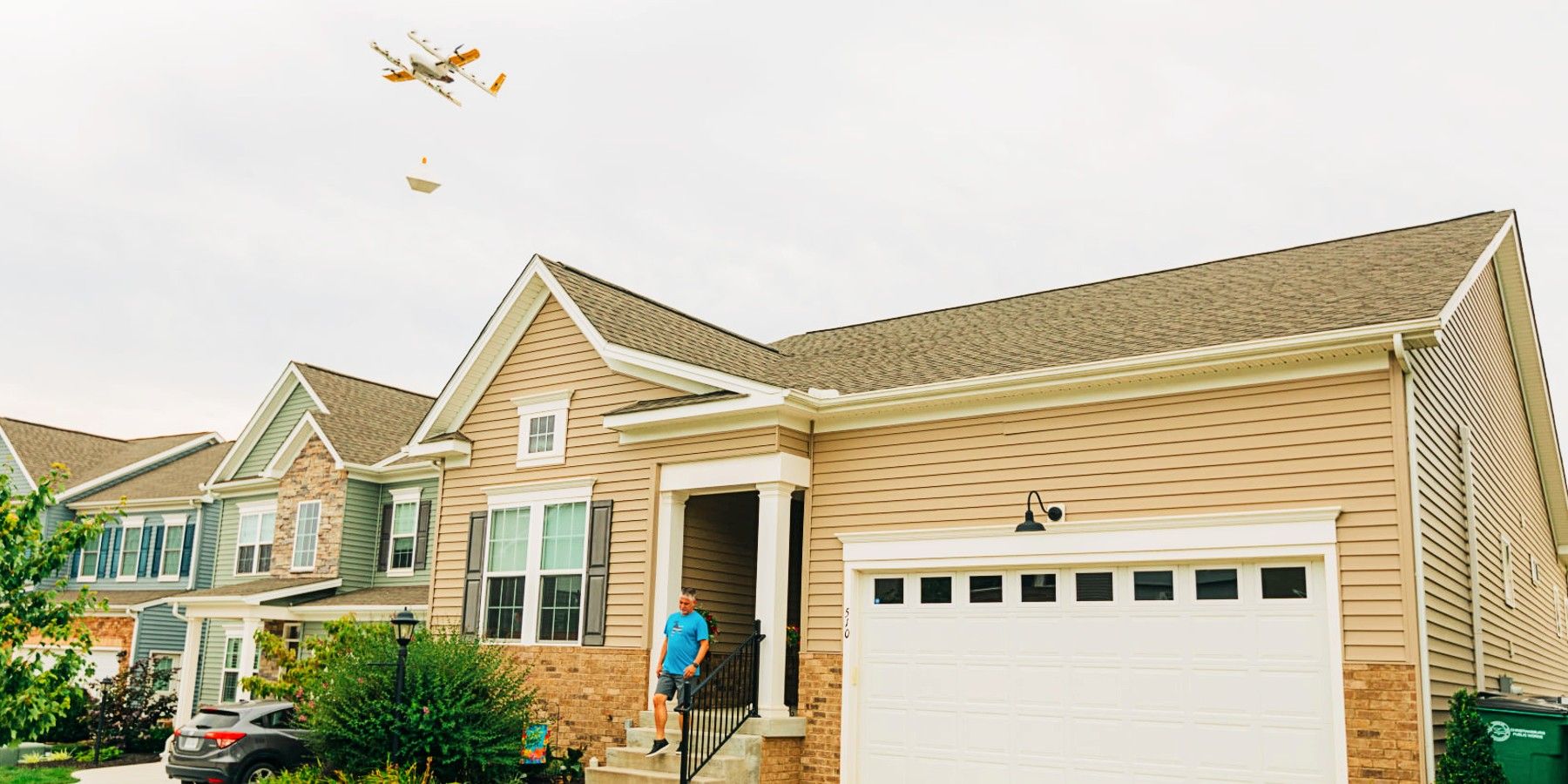Wing, Google‘s sister company that specializes in drone delivery services, expanded in Australia with over 100,000 packages delivered. But new reports say its operation has hidden costs for the environment, workers, and the community. The company delivers packages in the US state of Virginia, and Helsinki, Finland. In the Australian city of Canberra, its presence is so strong the city is now nicknamed the “capital of drones”.
Drone delivery is considered the next big thing in logistics. From mailing to e-commerce, medical, emergency supplies, and environmental services, drone startups are fighting against regulations, like those of the FAA, to take off in a market valued in the billions. Drones are viewed as a solution to cut road traffic, delivery times, and modernize logistics. But in Australia, drones are causing a stir beyond the initial wow.
Google’s Wing, with more than 100,000 packages delivered announced new expansions for shopping center rooftops in Australia as it celebrated with the media. But a new report by Deloitte now in hands of the government of Australia warns that their drone delivery operation may be more taxing than initially thought. Researchers of Universities in Australia also said that drone delivery promises of speed come at the cost of workers, the community, and the environment. They urge the community to get involved in the process before it is too late, while legislation is pushed by lobbyists to favor the drone service.
Cost Versus Hidden Cost

Drones may promise to cut down emissions by reducing traffic but mining for lithium batteries and the supply of energy for the industry may balance those gains out, researchers said. Environmentalists also warn that a single sandwich flying on a drone requires a lot of special packaging which is ultimately a waste. Drones impact the environment causing noise, and some find them to be a nuisance. Recently ravens and other raptors have been observed attacking drones in an evident display of ecological disturbances.
Deloitte’s models show that drone delivery will cut prices and time of delivery but this will generate a domino effect on the sector impacting gig workers and delivery drivers. New positions opened by drone delivery require special skills and will not be easily accessed by Uber, Amazon, Uber Eats, and other gig delivery workers. The Australian government is being lobbied by Wing’s parent company Alphabet as it pushes to modernize drone regulation. “This means reappraising rules around environmental impacts, noise, safety, insurance, security, and privacy,” researchers said. If the communities, businesses, and workers do not get involved, their future will be decided without them. “Getting sushi delivered by drone might seem like a neat idea, but the real price may have little to do with what gets charged to your card,” researchers in Australia said.





